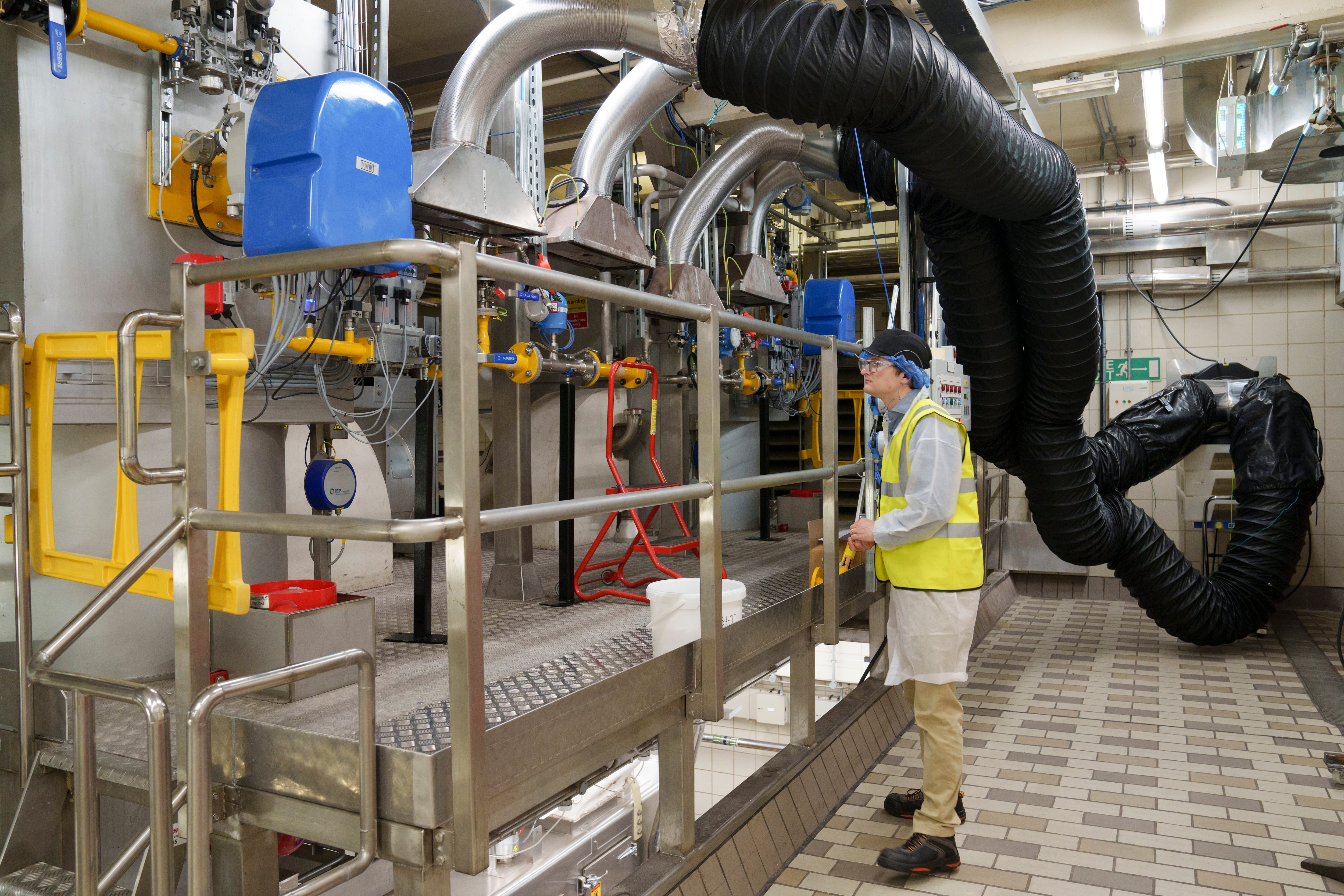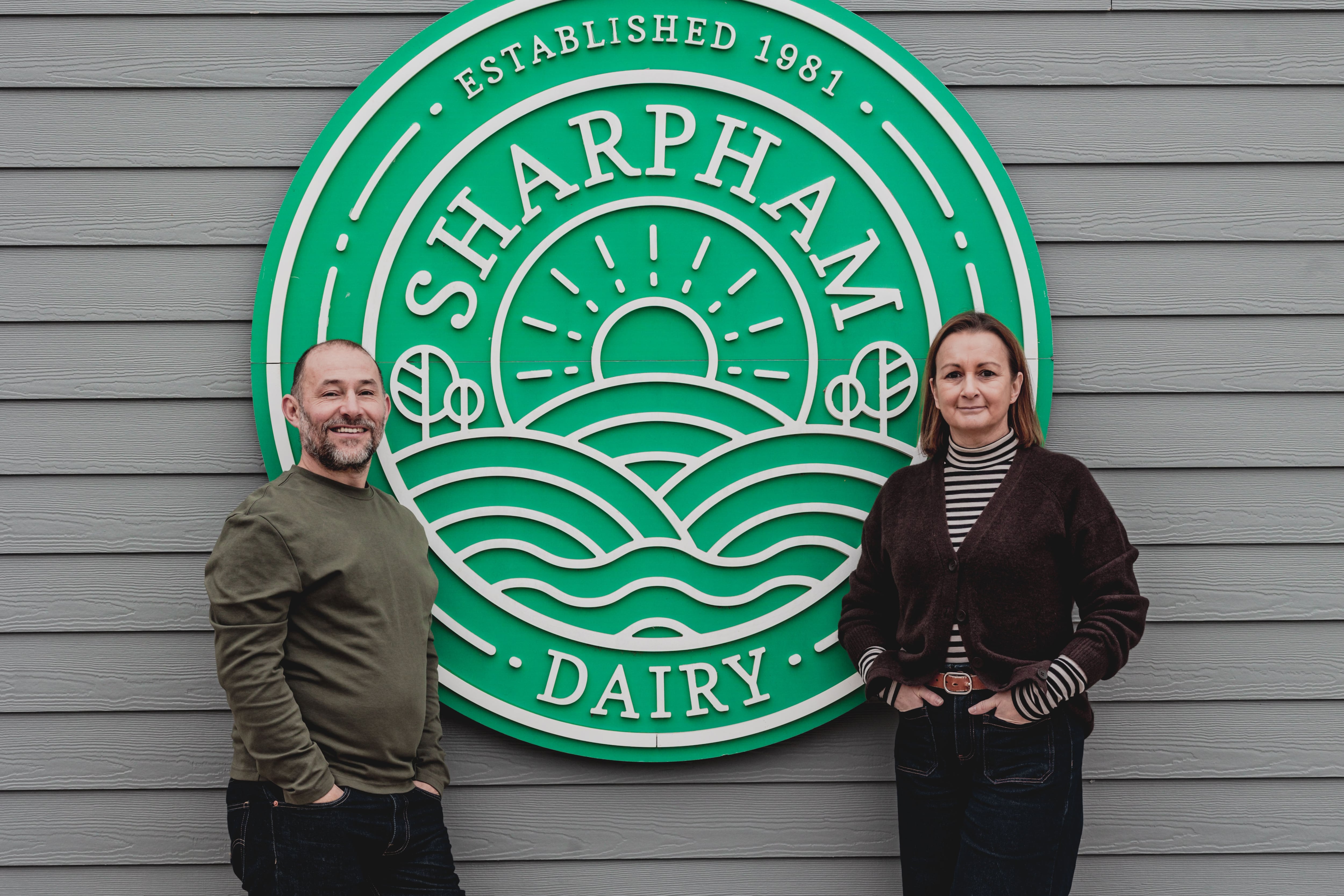The three-week demonstration saw the team at the Kellogg’s factory in Manchester replace fossil fuel gas with hydrogen to power the toasting oven at the factory.
The hydrogen fuelled process successfully produced Corn Flakes, Bran Flakes, Special K and Rice Krispies during the period.
The demonstration was partly funded by a £3 million grant from the Department for Energy Security & Net Zero in 2023, and was part of the HyNet Industrial Fuel Switching programme.
The HyNet Industrial Fuel Switching programme is funded through the UK Government’s £55m Industrial Fuel Switching Competition, as part of the £1bn Net Zero Innovation Portfolio (NZIP).
Sam Bistiaux, vice president of manufacturing at Kellogg manufacturer Kellanova, said that the demonstration represent an exciting first for the company.
“It’s a significant moment for our people, our operations, and the industry as a whole as it demonstrates the potential of investing in low carbon fuels to drive decarbonisation,” Bistiaux continued.
“We are excited to be at the pioneering edge of this process, with the technology still in its infancy, and the long-term potential truly transformative.
“As we look to continue reducing our carbon footprint, we hope that sharing examples of best practice and learnings from the demonstration can equip other businesses with the confidence and know-how to do the same, so that we can take urgent and collective action towards a greener future.”
Meanwhile, HyNet Alliance chair David Parkin hailed the impressive results delivered during the demonstration.
“It’s been fantastic to see, as part of HyNet’s Industrial Fuel Switching 2 programme, the positive impact investment in hydrogen could have for industry, society, and the planet,” added Parkin.
“Having businesses like Kellogg’s taking part has been hugely valuable in paving the way for other food manufacturers to explore low carbon fuel, think about their own decarbonisation roadmap, and help to make a critical contribution to the UK’s journey to Net Zero carbon emissions.”
Despite the trial, the Kellogg’s Manchester factory is due to close at the end of 2026.





